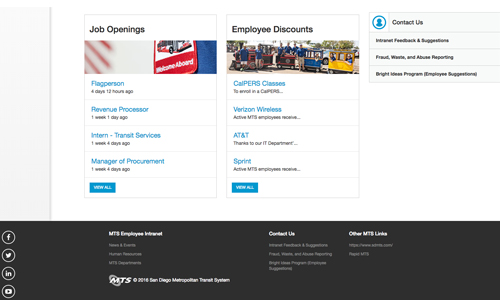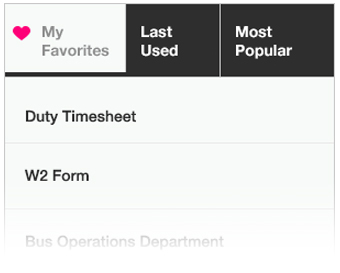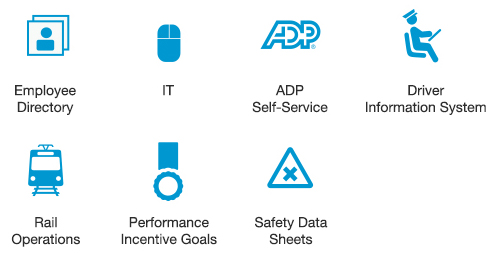You are here
Safety Management Planning: Taking Safety Up a Notch
Law enforcement from around the region visit the Trolley yard to conduct emergency training drills. Pictured is the San Diego County Sheriff’s Department participating in a hostage scenario. As part of the new SMS Policy, more employees will participate in large-scale disaster response scenarios and role-playing activities.
MTS Bus and Rail have outstanding safety records. Other transit agencies look to us as a leader in the industry. We’ve won awards and our track record speaks for itself, but we are looking to do more.
MTS is developing a Safety Management System (SMS) Policy to emphasize the agency’s overall commitment to the safety of passengers, operators, staff and the general public.
It will be a new way for all MTS employees to understand what safety means, what each person’s role is, and how the responsibility is shared by all MTS employees.
“The takeaway here for all employees is that everyone plays a role in safety. It’s not just the job of someone else. Safety is everyone’s job,” said Jared Garcia, MTS Bus manager of safety.
“Safety is a practice that is woven into every job at MTS,” said David Bagley, MTS Rail safety manager. “The SMS Policy Statement defines employee involvement in safety management and solidifies the support that every employee will continue to receive from the executive leadership team down to front line supervisors.”
The document will codify a sweeping statement that outlines ways MTS is committed to safety, accountabilities and responsibilities, and how MTS will document and record safety planning.
The SMS Policy will be reviewed and voted on by the MTS Board of Directors at an upcoming meeting.
The SMS Policy will further ingrain safety into the DNA of MTS. It will give guidance about how we factor safety into all of our decision-making. Some of the overarching elements to the SMS Policy include:
- Supporting safety by encouraging effective employee safety reporting
- Integrating safety management among the primary responsibilities of all managers and employees
- Identifying specific safety responsibilities by title and job function
- Ensuring that skilled and trained employees are available to implement safety management processes
- Ensuring all staff are provided with adequate and appropriate safety-related in formation and training
- Developing department-specific safety objectives • Identifying and evaluating safety hazards
- Defining managers and employees’ responsibilities for safety management system performance
- Complying with, and wherever possible exceeding, legislative and regulatory requirements and standards
- Measuring safety performance through key performance indicators and goals
- Building on our safety performance through improved program management processes
Every employee has a role in safety at MTS. The new SMS Policy will help us continue to be a national leader in the most important measurement of success – how well we keep our passengers, employees and the public safe.
What employees can expect with the new policy within the next 18 months:
- More mandatory and optional safety training courses available for professional development
- A blueprint that outlines safety responsibilities based on title and/or job level classification available on the MTS Intranet
- MTS will engage more employees in large-scale disaster response and role-playing activities.

 Employee Directory
Employee Directory IT Help Desk
IT Help Desk ADP Self-Service
ADP Self-Service Driver Information System
Driver Information System Bus Operations
Bus Operations Rail Operations
Rail Operations Performance Incentive Program
Performance Incentive Program Safety Data Sheets
Safety Data Sheets




